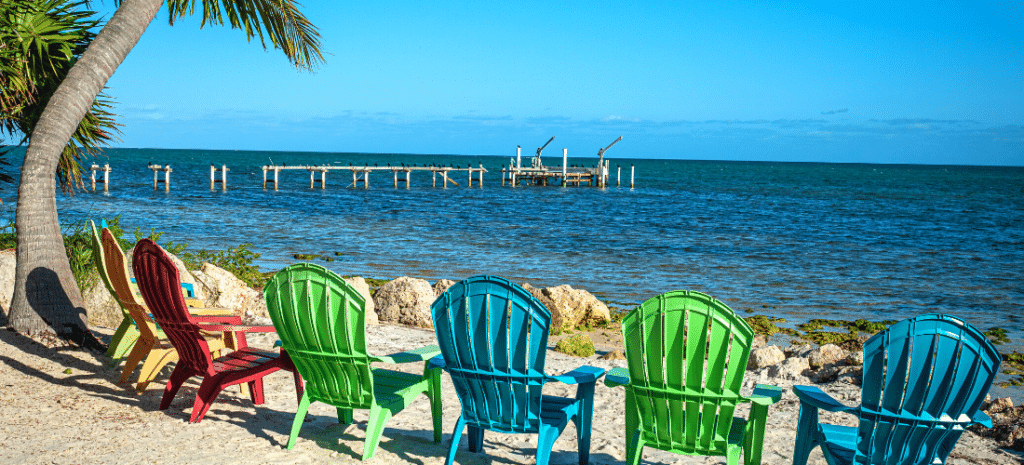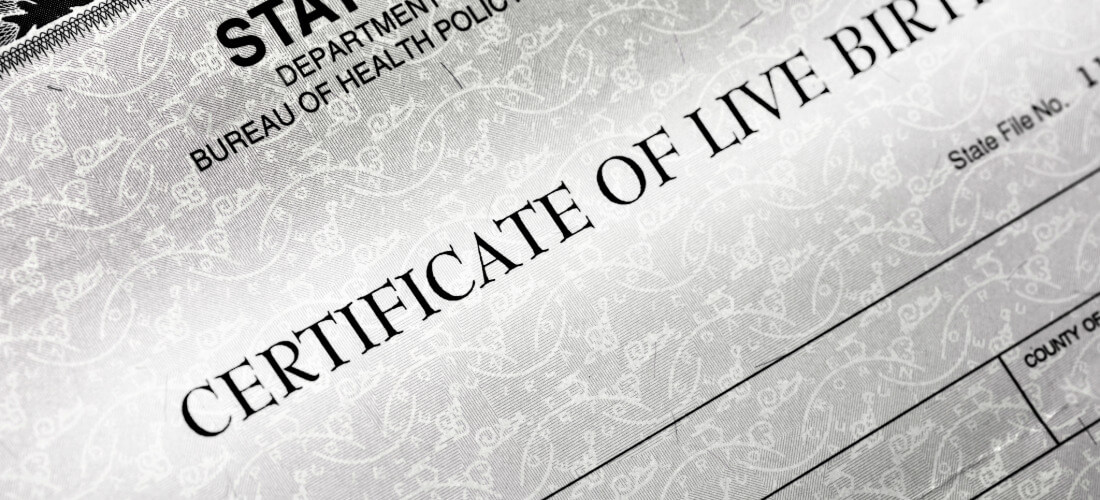
This article is part of an ongoing series of reports on the state of short-term rentals (STRs) in the United States. You can view our other reports here.
With the worst of the pandemic seemingly in the rearview mirror, travel and tourism have been trending back up, with the demand for short-term rentals (STRs) up 25% and on pace to set a new record. Warm weather and beach destinations are perennially popular, with cities in the Sunshine State chief among them. But how are Florida municipalities faring with the influx of properties rented out through platforms like Airbnb and Vrbo?
The state has some control over how STRs can be regulated – preventing local governments from outright banning STRs or regulating based on the duration of stay and frequency of renting (there are exceptions of course, with many cities’ previously established rules being grandfathered in). In addition, Florida sees new legislation efforts each year, such as SB620 which is currently making its way through the state. Here’s a look at how some local governments in Florida are navigating the challenges of managing STRs.
Islamorada

Located in the world-famous Florida Keys, Islamorada has implemented measures to mitigate the rise of illegal STR listings in the area. Councilmembers recently voted to raise annual licensing fees and utilize software to track and manage the growing STR industry. Used by the village’s code compliance officers, the software scans rental platforms in order to drive higher compliance. Utilizing solutions like software to better track STRs can help municipalities ensure they are capturing all lodging tax revenues, that properties are in compliance, and that they are being operated safely.
Orlando
Among the strictest in the state, the city of Orlando – home to Walt Disney World and numerous other attractions – only allows hosted STRs, meaning those in which the host resides on-site, and hosts can only rent out half of the bedrooms in the home. All properties are subject to inspection before approval.
Cape Coral
In an effort to address community preservation issues around noise and other health and safety concerns, Cape Coral established an annual business tax for STRs in the city, which is estimated to bring in $82,000 a year. The city will sift through short-term rental platforms to find properties that are non-compliant, and added an additional code enforcement officer to help with the load.
Flagler County
In Flagler County, which in 2011 spearheaded much of the STR regulations that other Florida cities have followed, officials set parking requirements per room rented, require all occupied rooms have a window, set occupancy limits, and ask owners to provide a drawing of the interior of the property to indicate how many rooms will be available to rent, among other regulations.
Crystal River
Crystal River, self-proclaimed “Home of the Manatee,” also utilizes tracking software to alleviate the strain on the city’s staff and code enforcement to keep rentals in compliance. Among their regulations, the city currently prohibits residences outside of the waterfront zoning district to be available to rent for less than three months.
Holmes Beach
In an attempt to tamp down on noise issues, Holmes Beach – located near Tampa – mandates STR owners not only respond to any disturbances, but also display a statement that informs renters about local noise ordinances in the residential area.

Naples
Many STRs have emergency contacts provided for renters in case something happens during their stay. In Naples, STR owners are mandated to designate an “on call” person who is available locally at all times in the event an issue arises at the property while it’s being rented.
Bradenton
In reaction to a number of complaints by residents – and officials running into difficulty contacting hosts when disturbances occur at STRs – the city of Bradenton established rules that require all STRs be registered with the city. Other rules include a 12-person maximum occupancy regardless of property size, parking limitations, and trash enforcement.
Destin
Capacity has long been an issue local governments grapple with when it comes to STRs, particularly when combating out-of-control parties and other problematic gatherings. In Destin, STR capacity is capped at two people per bedroom plus four additional guests per home, with a maximum of 24 people per property no matter what the size of the STR is.
Oakland Park
In Oakland Park, a short drive to Fort Lauderdale, city officials require each property has a landline with the ability to dial 911, that owners provide an evacuation map and a location of the nearest hospital, determine maximum occupancy based on two persons per bedroom and a maximum of eight people on the property, and mandate the host be available 24/7.
Panama City Beach
Panama City Beach is the most popular travel destination in Bay County, considered to be the heart of the Panhandle. It’s a particular draw for spring breakers – resulting in millions from bed taxes being collected from STRs each year. In a city with thousands of licensed STRs, officials have encountered complaints from residents dealing with disturbances from STRs. In response, the city raised the penalty for a first time offense from $250 to $500, and has taken a novel approach to collecting money from noise issues: offering a 50% discount to those who pay noise ordinance fines within 20 days of being cited for a violation.
Is your local government equipped to handle STR growth?
Regardless of whether you’re in a top market like Florida or California, STR demand is growing all over the country. Municipalities have unique needs when it comes to managing STRs based on a variety of factors. Customizable software solutions such as those offered by GovOS can help your local government meet the specific requirements of your jurisdiction to effectively track STRs and ensure compliance. Learn how GovOS can help you with lodging tax collection, implementing measures to ensure public safety, and more.










